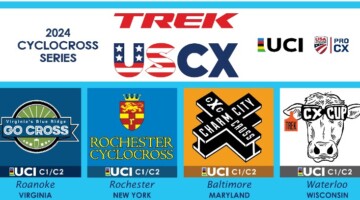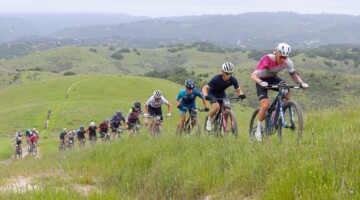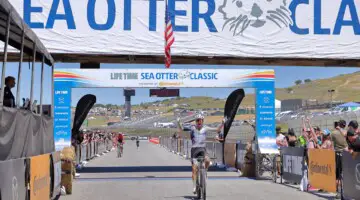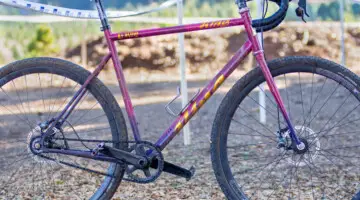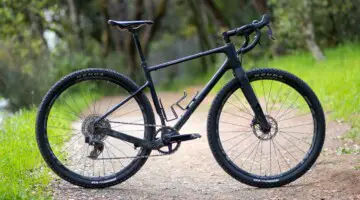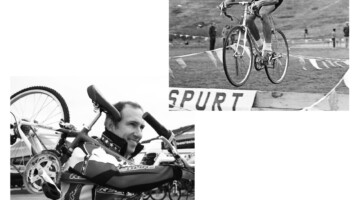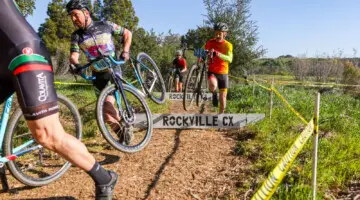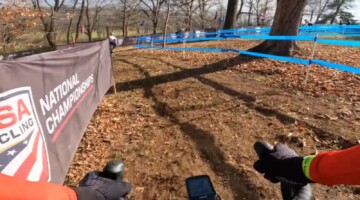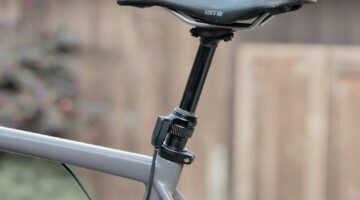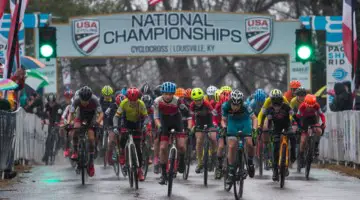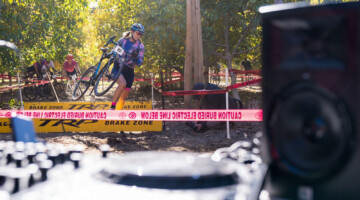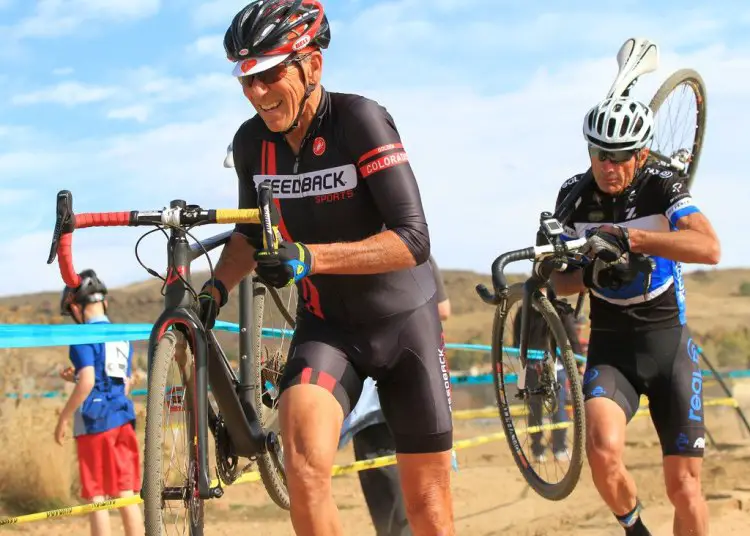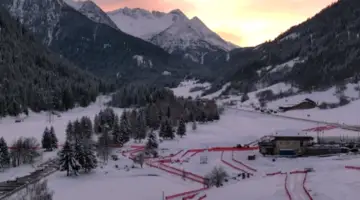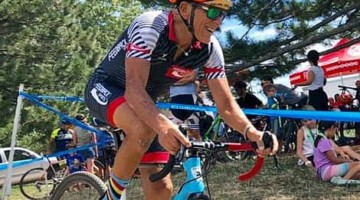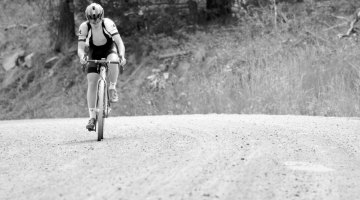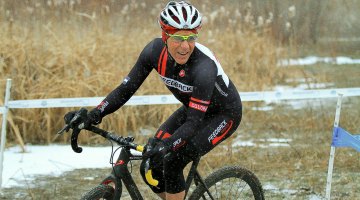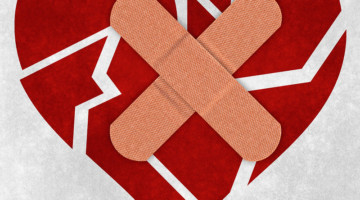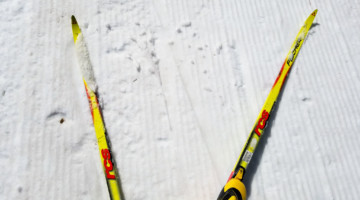In his last column Lee Waldman dove a little deeper into the subject of what it takes to win in cyclocross, examining what exactly defines an athlete, and what defines his or her approach to “winning.” This week’s column is a natural extension of that — Waldman examines the support structure needed to succeed as a ‘cross racer.
What does it take to succeed as a ‘cross racer?
First there’s the mental aspect: having a growth mindset, i.e. being willing to look at each race as an opportunity to learn and grow in the sport is essential.
Viewing one’s self as an athlete takes us one step closer to “success,” however we define that term. But there’s an underlying foundation of support that also must be in place in order for any of us to be able to train and race at our chosen level.
Some riders find that support in the team structure. It may seem contradictory that in an individual sport such as cyclocross, it’s a necessity for success to be part of a team, but think about it — after a good race, or a bad one, do you find support, solace, encouragement or celebration from your teammates? Do you travel to races with your teammates? Is there a team tent where you can warm up, cool down or just drop your extra clothes? Does your team organize training sessions, and would you train as hard if you were training on your own? Do you party together? If you’ve answered yes to any, then you understand how important team and team identity is even in a solitary sport such as ours.
One of the reasons for the team structure in cycling is that the team provides that level of support and family, if you will. I’ve been a member of countless teams over the course of my career. Some were highly structured, demanding attendance at a certain number of races, wearing only the team sponsor’s clothing, using the sponsor’s equipment, etc. I’m just too much of a laissez-faire, free spirit when it comes to committing to the demands of authority, so I know it will come as no surprise to you when I say that my affiliation with those teams was very short-lived.
I’ve also been on teams that conversely, were so loosely structured that they were teams in name only. That’s simply too loose for me. I need some sort of organization to feel like I’m part of something.
And then there were the teams that just weren’t a “good fit.” I didn’t last long on those either. Sometimes the things that you think are going to work initially, really don’t as time goes by. That’s when you need to cut your losses at the first opportunity and move on.
Currently I ride for Feedback Sports, a team that I truly love. The support of my teammates and the team sponsor goes above and beyond the simple act of supplying me with a kit and discount codes for our sponsors’ products. We are a family, supporting each other through our successes and failures. The Feedback family was one of the first to reach out to me after my accident. They visited me in the hospital, delivered meals, and continued to check on me throughout my recovery.
I’m also lucky, as a result of the number of years I’ve spent in this sport, to have made close connections with a number of bike shop owners. Without their willingness to help me out with everything from mechanical support to equipment, it would be tough to race at all. Jason Gardner, the owner of Jinji Cycles has kept my bikes tuned and running flawlessly. Golden Bike Shop, our team shop, is always willing to take care of the minor tweaks that I seem to be continually needing. And then there is Edwin Bull of Van Dessel Cycles. You’d think that the owner of a successful bike brand like his wouldn’t pay much attention to a run-of-the-mill masters racer but Edwin has been steadfast in his support. In the last 12 years I’ve been lucky enough to own nine of his bikes. I don’t know, but don’t you think he should have a “buy nine and get the 10th free” program?
It’s true that I wouldn’t have been able to continue to race without that kind of support, but there’s another level of support that I’ve found to be even more valuable. I’ve been lucky enough to have her sitting across from me at the dinner table and sleeping next to me at night. That would be my wife — friend and partner of the past 12 years. If it weren’t for Caren, I would never have been able to overcome the many challenges that I’ve been presented with over the past 24 plus months.
As the song says, “We all need someone we can lean on…” For the past, seemingly-endless months, it’s been Caren. When I’ve struggled to maintain the confidence that my injuries wouldn’t end my career, she’s been my cheerleader. She’s listened to my endlessly droning on about losing fitness, gaining unnecessary weight, wondering if I’d ever be able to race again and on and on with whatever issue of the day might have been bothering me. For the most part, her patience and ability to listen has been invaluable. She also is the one who calls me out when I’m being unreasonable. I know that I’ve worn her out on many occasions with that innate ability I seem to have to fixate on problems and she’s let me know when I’ve crossed the line.
Caren also keeps me under control when she feels as if I’ve pushed myself too hard or if I’m in danger of doing so. I tend to believe that doctors really don’t know me and don’t know what I’m capable of during the healing process and many times I need to be slowed down. My wife is the master of controlling my sometimes out-of-control and less-than-thoughtful decision making. We don’t always see eye-to-eye leading to some very “interesting” dinner conversations and car rides, but for the most part I have to admit that she’s usually right. I’ve been told that the most effective way to get me to listen is with the metaphorical 2×4 between my eyes. My wife swings that piece of lumber very effectively.
I’m not sure whether I’ve said this to her enough so I’ll do it publicly right now. Thank You!.
I couldn’t have made it through the last two-plus years without her wisdom, her patience and sometimes her impatience. I trust her implicitly to listen to my darkest secrets and my unspoken fears. She does that without judgment but with a tremendous amount of wisdom.
Why is support so essential? Shouldn’t we be able to support ourselves given a strong foundation of self-belief and self-confidence? Probably. But those are, or can be in my experience, pretty tenuous beliefs. All it takes sometimes is a bad patch, maybe a few bad races, and we might find ourselves mired in self-doubt. That’s where the support comes in. That’s where allowing ourselves to be vulnerable to admit to our support system that we need help, is essential. And that’s where that same support system is key to our finding ourselves again and moving forward.
I found a quote a few days ago in a book that I’m reading. It’s actually a question: “What’s worth doing even if I fail?”
Because the bottom line is that we are going to “fail”, whatever that means, and it might mean something different to each of us. But our reliance on that support system might, just might give us the courage to risk doing something – lining up for the next race — even if we fail. Food for thought?
Now – Go ride your bikes.

